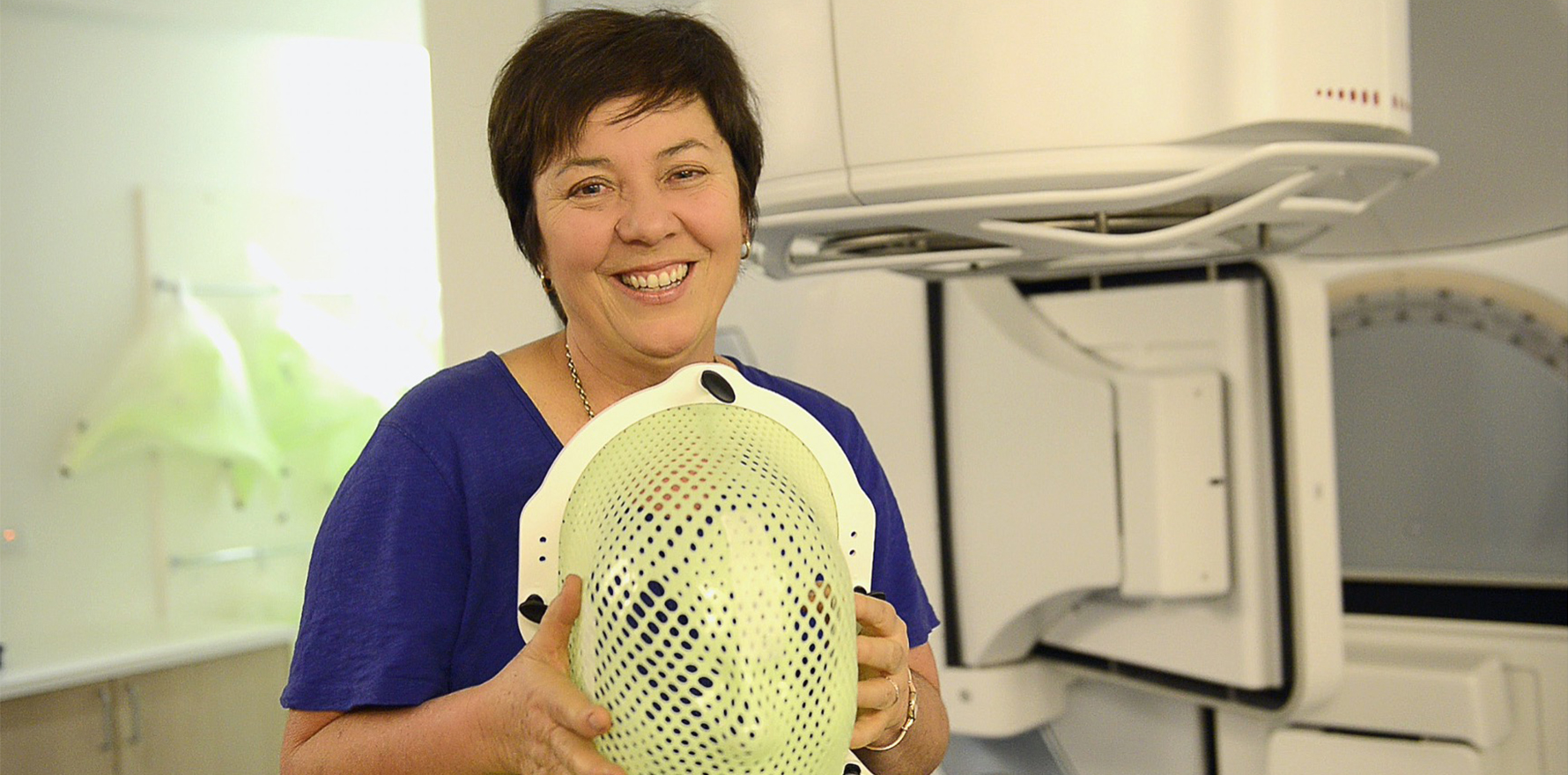Head and neck cancer patients need to be their own advocates when it comes to dental care, says Julie McCrossin.
If it is not enough to undergo cancer treatment and live to tell the tale, some survivors have to front up to a lifetime of crippling mouth and dentistry issues.
Ex-ABC broadcaster and head and neck cancer survivor, Julie McCrossin, told us her story.
Q: Can you tell us about your cancer patient experience?
Julie: I was diagnosed and treated for stage-four oropharyngeal cancer in 2013. My cancer was caused by the human papillomavirus infection. I was treated with radiation and chemotherapy. The side effects were acutely tough. In particular, the dental side effects from radiation to the mouth and jaw area. I think it’s a huge issue that doesn’t get enough attention.
Q: What kind of side effects?
Julie: Patients like me get what is called xerostomia, or dry mouth, so you literally stop having saliva, which is essential for the health of the teeth. I carried water around with me for two and a half years.
Q: What damage can xerostomia do?
Julie: Over time it can cause necrosis, or bone death and lead to teeth extractions. Some people get extractions when they shouldn’t and the bone still doesn’t heal and they have their jaws removed. For people with poor oral hygiene, it can mean having all of their teeth extracted before treatment to avoid it.
Q: How are your teeth?
Julie: I have spent thousands of dollars on my teeth since cancer treatment. I have cleans undertaken every three months and regularly visit an endodontist, a periodontist, and a general dentist. The mouth is not included in Medicare, and I don’t qualify for financial assistance. Many cancer team members agree this is wrong.
Q: How common is this side effect?
Julie: Around 5,000 Australians get head and neck cancer every year. About 70% of us make it to five years. In recent years, radiation therapy has become more targeted and salivary glands are increasingly likely to partially recover, but dry mouth remains an issue.
Q: What advice can you give patients yet to undergo treatment?
Julie: Go to a cancer centre that has a multidisciplinary team and deals with a high volume of head and neck cancer patients. Not many dentists are familiar with xerostomia, so ask your dentist to contact your radiation oncologist and talk to them. You need a dentist willing to inform themselves about these troubling side effects.
Q: Should patients be getting government support for these side effects?
Julie: There needs to be a special provision under Medicare for head and neck cancer patients. The side effects are caused by the treatment.
Listen to the Oncology Republic podcast for the whole interview.
Subscribe to our podcast by searching for “Oncology Republic” on Spotify, iTunes or your favourite podcast player.

Quotes have been edited for brevity.
[newsletter]


